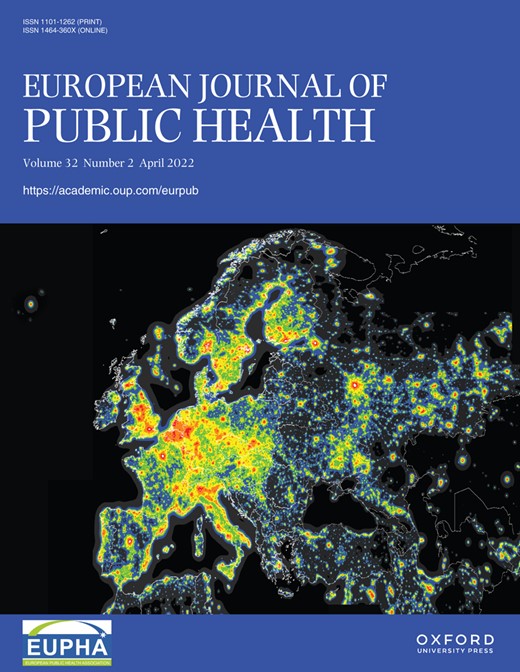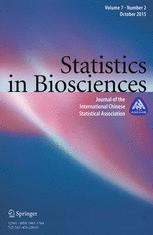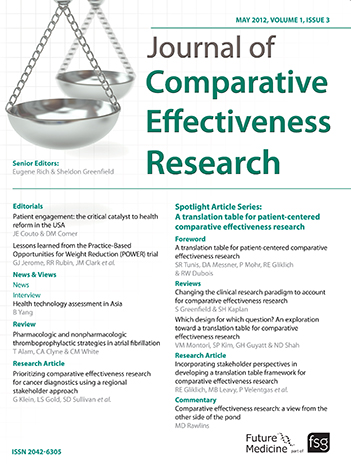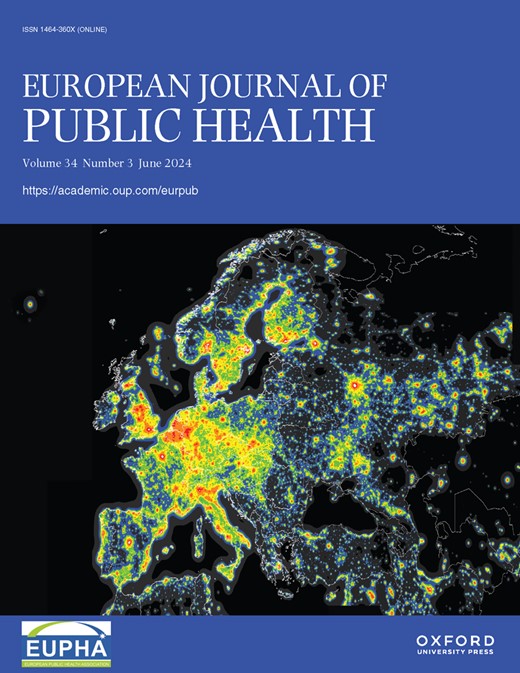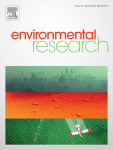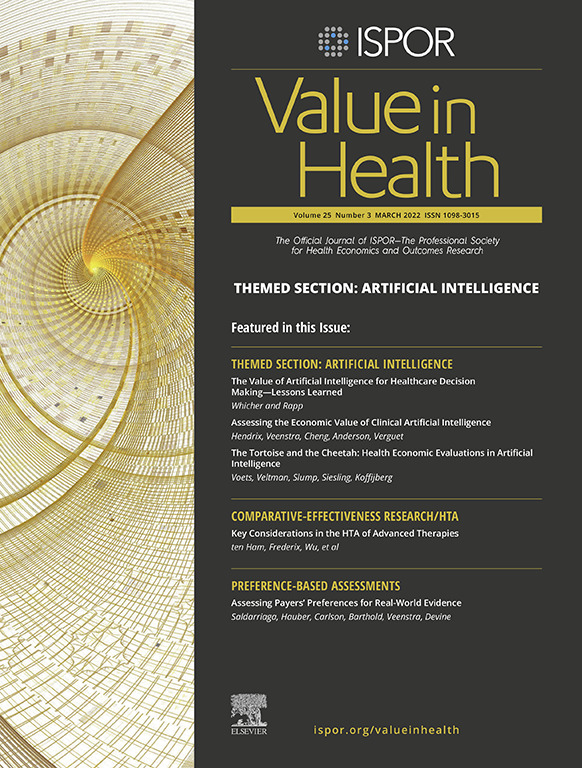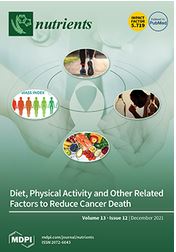The WHO Prison Health Framework: a framework for assessment of prison health system performance
Background The Health in Prisons European Database (HIPED) aims to periodically collect data on prison health systems, services and health outcomes to inform equivalence of care for people living in prison. Recognized as the United Nations hub for health data in prisons, HIPED lacked an established framework to define its domains and indicators to measure…



